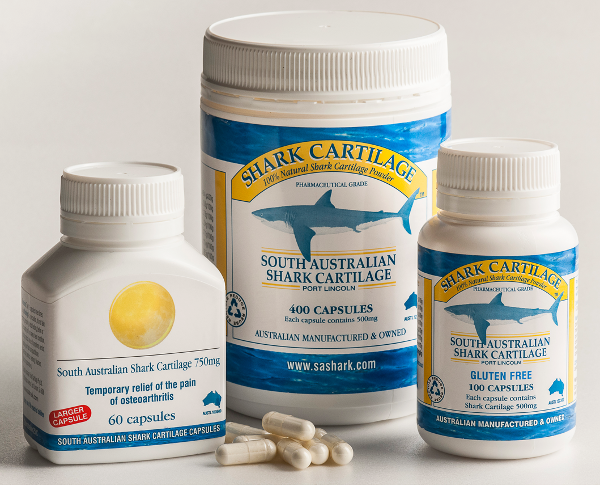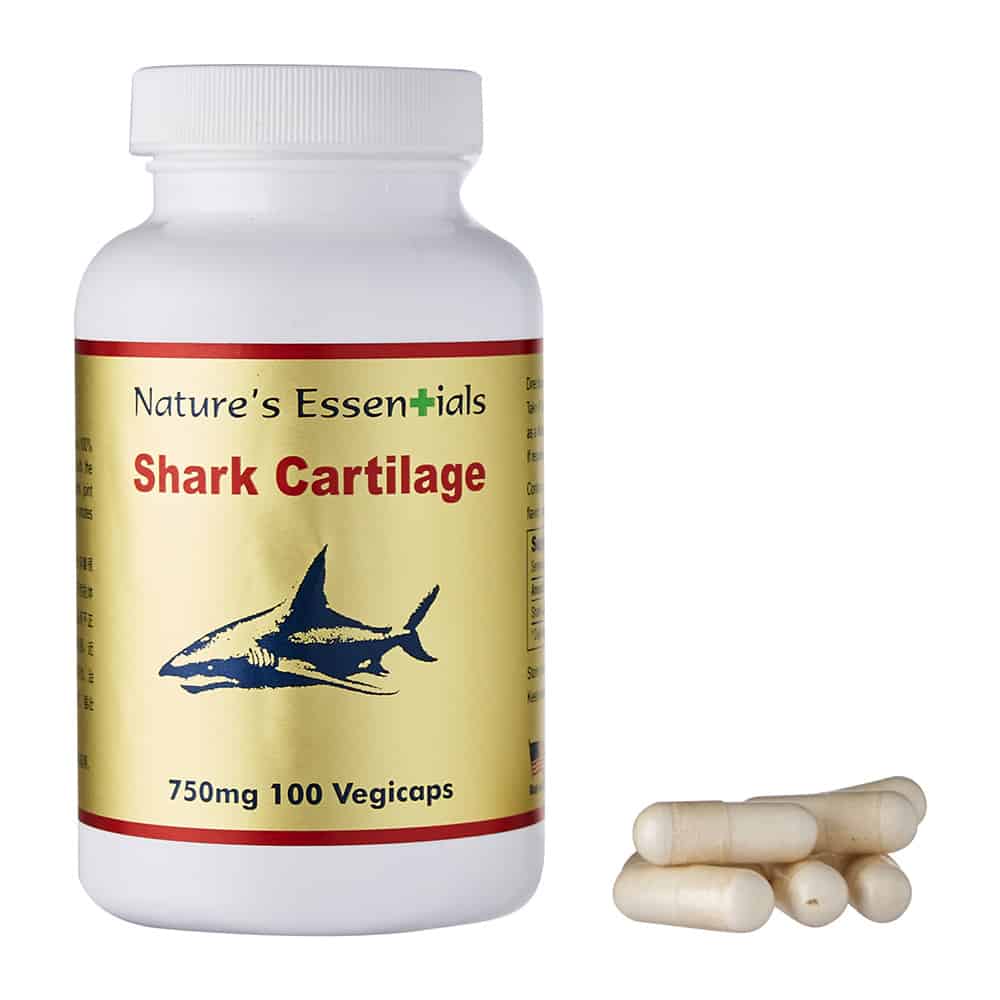The cartilage of shark is in use for the cure of cancer but the us food and drug administration fda has not approved cartilage as a treatment of cancer

The Potential of Shark Cartilage in Cancer Treatment

Shark cartilage has garnered attention in recent years for its potential in the treatment of cancer. However, despite its popularity, the US Food and Drug Administration (FDA) has not approved cartilage as a valid treatment option for cancer patients. This discrepancy between the use of shark cartilage in alternative therapies and its lack of recognition by regulatory authorities raises questions and warrants further exploration.
The idea of utilizing shark cartilage as a potential cancer treatment is rooted in the belief that sharks possess a higher resistance to cancer compared to other animals. It is hypothesized that certain components within shark cartilage, such as proteins and glycosaminoglycans, possess anti-angiogenic properties. These properties are thought to inhibit the growth of new blood vessels, which are crucial for tumor development and progression.
Despite these intriguing possibilities, it is important to note that scientific evidence supporting the efficacy of shark cartilage in cancer treatment is limited. The National Center for Biotechnology Information (NCBI) states that while shark cartilage may have anti-cancer properties, there is insufficient data to prove its effectiveness as a standalone treatment. Additionally, the organization highlights the need for rigorous clinical trials to further investigate its potential benefits.

The FDA’s stance on shark cartilage as a cancer treatment is rooted in its commitment to ensuring the safety and efficacy of medical interventions. The lack of approval by the FDA means that shark cartilage cannot be marketed or advertised as a cure or treatment for cancer within the United States. It is crucial to seek verified medical treatments, approved by regulatory authorities, when dealing with such a complex and serious health condition.
While shark cartilage may not be FDA-approved, it is worth noting that some cancer patients opt for complementary and alternative medicine (CAM) treatments alongside conventional therapies. CAM treatments, such as shark cartilage supplementation, are often used as adjunct therapies to conventional cancer treatments, rather than standalone replacements. The decision to incorporate CAM treatments into a cancer management plan should be made in consultation with healthcare professionals.
In conclusion, while shark cartilage holds promise in the realm of cancer treatment, its use has not been approved by the US FDA. Scientific research regarding its effectiveness is inconclusive, underscoring the need for further investigation through controlled clinical trials. Patients should rely on verified and FDA-approved treatments for their cancer management strategies. It is advisable to consult healthcare professionals to explore all available options and make informed decisions based on individual circumstances and scientific consensus.
Source: National Center for Biotechnology Information - Shark Cartilage: Can It Treat Cancer?
Share
Related Posts
Quick Links
Legal Stuff

